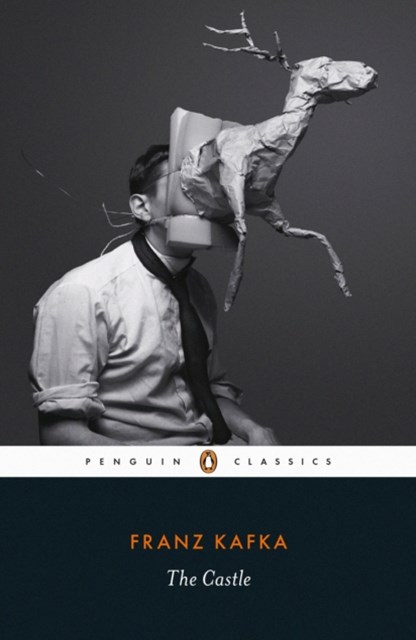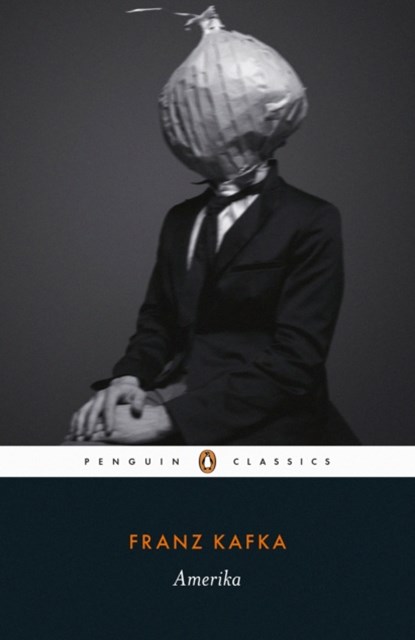
The Trial by Franz Kafka
One of the great works of the 20th century, Kafka’s The Trial has been read as a study of political power, a pessimistic religious parable, or a crime novel where the accused man is himself the problem. In it, a man wakes up one morning to find himself under arrest for an offence which is never explained. Faced with this ambiguous but threatening situation, Josef K. gradually succumbs to its psychological pressure.
One of the iconic figures of modern world literature, Kafka writes about universal problems of guilt, responsibility, and freedom. He offers no solutions, but provokes his listeners to arrive at meanings of their own. Mike Mitchell’s translation captures Kafka’s distinctive style. Based on the best available German text, it includes not only the main text but the chapters Kafka left incomplete.





